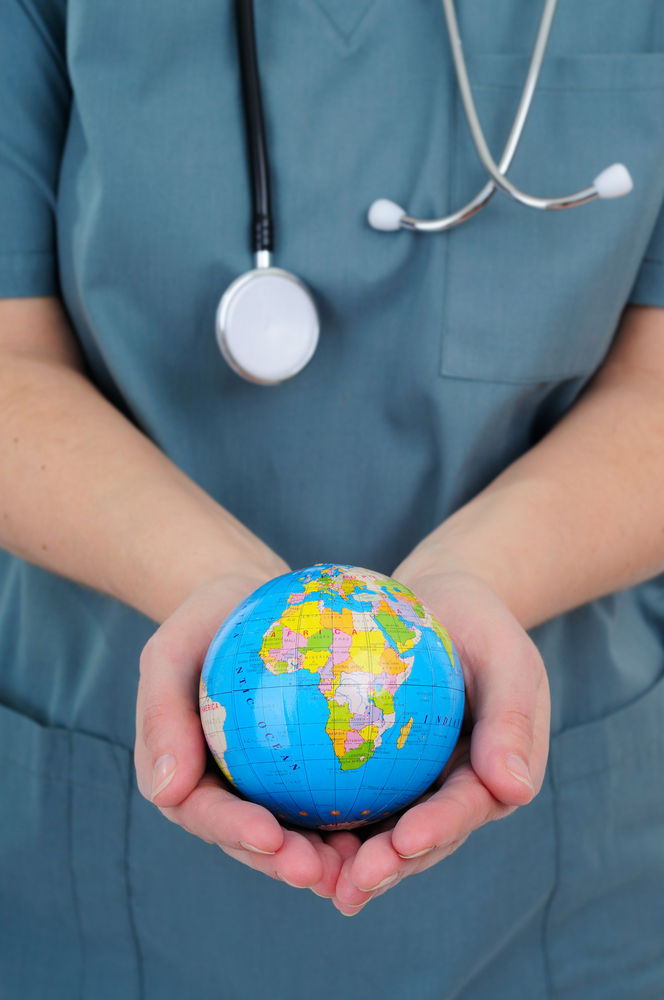Like many industries, the medical field is increasingly becoming a global one. As international travel, both to and from the United States increases each year, so too does the potential for illnesses brought back from across borders. And when an epidemic emerges, it often takes doctors from multiple countries collaborating to help end the outbreak, heal victims and save lives. That’s why it’s critical that today’s medical students get a global health education before graduating.
“Our students are going to become doctors of the world,” Thomas Coats, professor of global AIDS research at the University of California-Los Angeles, recently told reporters. “They need to know what’s going on in the entire world, not just the United States.”
Coats is among many educators urging more integration of global health issues into core medical school classes, even those that are not classified specifically as global health courses. Ideal programs and courses will address common or trending health concerns that plague all nations such as obesity, diabetes and sexually transmitted diseases, as well as those that are more prevalent regions, including water-borne illnesses and tropical diseases.
But the best global health programs go further than pathology. They also address local culture, ethnicity, environmental factors and an area’s approach to medical care given often scarce resources. Many doctors in remote parts of the world prove pioneers in the use of medical technology simply because they’re forced to develop medical devices that are portable and inexpensive to make and use.
To help assure that your medical education includes an effective global studies element, WOLFPACC recommends:
- Seeking out schools that offer global health programs or courses.
- Seeking out mentors who have practiced medicine in other countries and understand not only health issues but culture as well.
- Participating in international health and medical missions, particularly in areas of the world that lack adequate medical care.
Another way to assure you’ll have a competitive edge in medical school applications and in your future practice is to enroll at WOLFPACC, where you’ll learn innovative approaches to the study and practice of medicine and techniques that will help you ace your COMLEX and USMLE exams. Call 904-209-3140 to speak with an enrollment specialist today.




